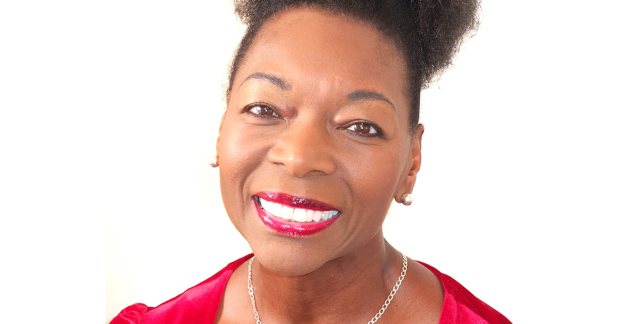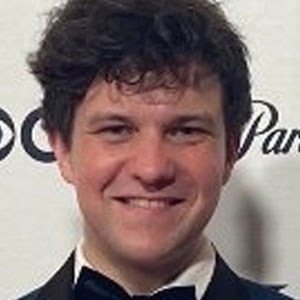Floella Benjamin: When you sing you go into another dimension
”Coming to England” has its opening night tonight

© Keith Taylor
Born in Trinidad and Tobago, Benjamin came to the UK to join her father in 1960, eventually cultivating a hugely successful following thanks to her time on TV screens with vibrant, comprehensive and exciting educational shows for youngsters.
Her experiences were transformed into a book, Coming to England, which has now been added to the curriculum and will be getting the musical treatment thanks to adaptor David Wood, with an opening night tonight.
How did Benjamin's stage roles, in Hair, Jesus Christ Superstar, The Black Mikado and The Husband-In-Law to name some, affect her perception of the show and the experience of putting it on? It's all down to the music she explains: "I come from a musical family and my father was a jazz musician when I was born. He took us to the cinema to see musical films in the '50s – I remember seeing Harry Belafonte singing "Island in the Sun". Music has been part of my life. It's a natural transition to take for Coming to England." Benjamin also says that working on the show has helped her pen her autobiography, detailing 50 years in show business.
Benjamin feels privileged, she notes, to be "a part of history. We all live through history but don't have a chance to impart what we've experienced to others. It feels like I've gone through what I've gone through for a reason. Everything I faced in my childhood, from being spat at, to being thrown out of shops – it happened so I could teach others. It doesn't matter where you started, it only matters where you end up."
How does Benjamin feel about the changes she's helped instigate over her career? "During my career, I was told, if you don't shut up about diversity on stage or screen, you'll never work again. But I kept pushing. When I was on Play School, all the illustrations on the screen were of white children. So I had to speak to the producers and ask them to include some Black and Asian faces – they apologised instantly and said they hadn't even realised what they'd done – by three o'clock that afternoon it had been fixed."
The slight surreality of watching her life on stage isn't all that important, Benjamin explains: "I want to see what the cast do in interpreting the life and character of both myself and my family. It's a piece that's gone through so many stages – me writing the book, David Wood adapting it for the stage and now director Omar Okai bringing it to life – giving it an uplifting exuberance, full of joy, sadness, triumph and hope. Each part of the process has seen someone new taking these themes and running with them."
What does Benjamin hope will be the outcome of the show? It's all about the next generation of artists: "I want children to leave this show and feel inspired to become a singer, an actor or a dancer – or working backstage in sound, costume, design, lighting. It's a collage of creativity."
The show has its world premiere at the Birmingham Rep.












